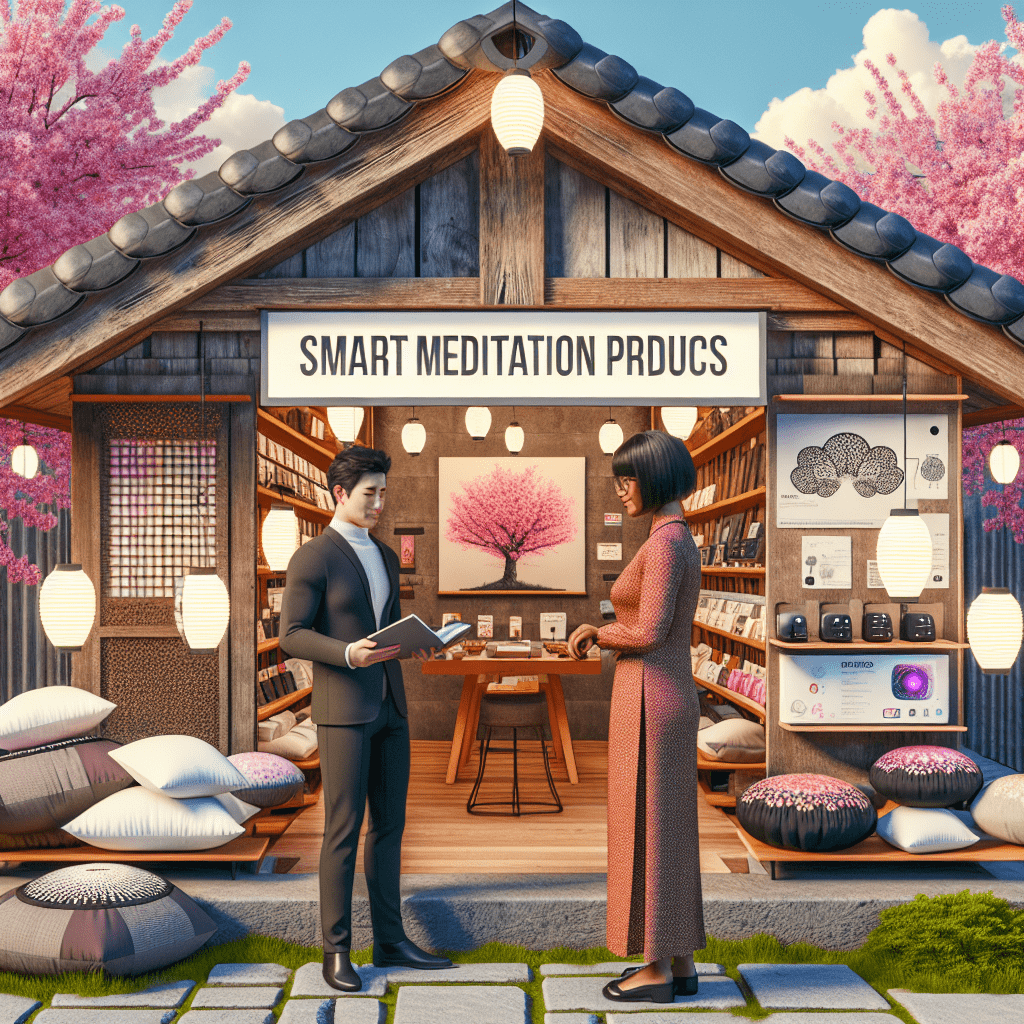
Prioritize your mental well-being daily. Enhance your life by nurturing your mental health with the Smart Meditation app. Break free from stress, alleviate anxiety, and enhance your sleep quality starting today.
Is Anxiety A Spirit?
The Enigma of Anxiety: More Than Just a Feeling?
When it comes to understanding anxiety, we often find ourselves navigating through a murky labyrinth of emotions and symptoms, trying to grasp what lies at its core. Is anxiety merely a cluster of nerve-wracking symptoms, or could it possibly be something more ethereal, like a spirit hovering over us?
The Science of Anxiety: More Than Meets the Eye
At first glance, anxiety might appear as a purely psychological phenomenon, deeply rooted in our neurobiology. It’s the body’s natural response to stress, akin to a pre-programmed alarm system that goes off when we perceive a threat. This alarm system, sophisticated as it is, involves a complex interplay of hormones and neurotransmitters, with cortisol and adrenaline taking the lead roles in this distressing drama.
However, peel back the layers, and you might find that anxiety wears many masks. It can manifest through an array of symptoms, from the ubiquitous knot in the stomach and sweaty palms to more debilitating manifestations like panic attacks and pervasive, intrusive thoughts. These symptoms, while troubling, serve as our body’s clumsy way of saying, “Heads up! Something’s not right.”
Yet, to pigeonhole anxiety into a neat, scientific box would be to overlook its multifaceted nature. For some, anxiety feels like an invisible specter that haunts their every step, leading to the question: does anxiety transcend our physical existence?
A Spiritual Perspective: Anxiety as a Whisper in the Wind?
Venturing beyond the confines of traditional psychology, some schools of thought entertain the idea that anxiety might be influenced by spiritual factors. In this light, anxiety is not just a symptom but a signal, a nudge from our higher self or the universe (depending on one’s beliefs) urging us to pay attention to deeper, unresolved issues or to spiritual misalignment.
In exploring this notion, it’s essential to approach with a blend of open-mindedness and skepticism. The idea that anxiety could be a spiritual phenomenon doesn’t negate the validity of medical and psychological interventions. Instead, it invites us to consider a more holistic approach to managing anxiety, one that includes mindfulness, meditation, and perhaps even energy healing, alongside more conventional treatments.
Can Embracing the Spiritual Dimension Offer Relief?
Absolutely, yes. Whether you see it as a psychological condition, a physical response, or a spiritual wake-up call, adopting a holistic approach to managing anxiety can be incredibly beneficial. Practices such as yoga, mindfulness, and meditation not only complement traditional therapies but also help connect us to a deeper part of ourselves, fostering a sense of tranquility amid the chaos.
Engaging in these practices can act as a bridge between our physical and spiritual selves, providing a dual approach to managing anxiety. They offer a sanctuary, a respite from the relentless pace of modern life, allowing us to realign with our inner selves and the world around us.
A Final Thought: Embrace the Journey, Not Just the Destination
As we navigate the choppy waters of anxiety, it’s essential to remember that there’s no one-size-fits-all solution. What works wonders for one person might barely scratch the surface for another. So, in unraveling the mystery of whether anxiety is a spirit, a symptom, or something else entirely, it’s important to keep an open mind and be willing to explore various paths to healing and understanding.
In the end, anxiety, regardless of its origin, is a part of the human experience. It reminds us that we are complex beings, capable of feeling deeply and transforming our experiences into steps toward growth and self-discovery. So, rather than shying away from it, embracing anxiety as a guide, a teacher, perhaps even a friend, can lead us to uncover strengths and insights we never knew we had.





